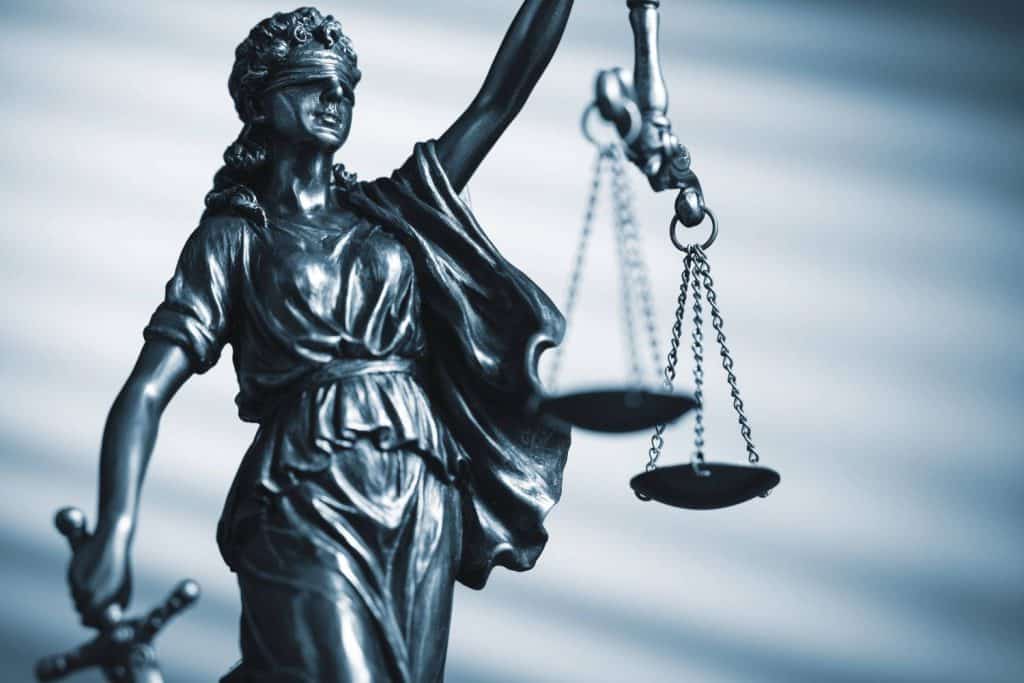COMMERCIAL LAW
Corporate Liquidation by the Court

This is a compulsory liquidation or winding up by the court and is often initiated by a creditor when the insolvent company fails to pay off liabilities owed to such a creditor.
The court has power to wind up a company:
- If shareholders resolve by a special resolution to have the Court liquidate the company;
- If the company has not commenced active business for a year after it is incorporated or it has suspended active business for a year;
- If the company is unable to pay its debts; or
- If the court considers that justice will be rendered by liquidating a company.
Who may Apply to the Court to Liquidate a Company
- The company
- Directors
- Creditors of the company
- Interim liquidators/ Full time liquidators
- Administrators of the company
- Contributories (whom are mandated to contribute to the liabilities of the company upon a call being made on them).
- The Attorney General after an investigation into the company’s affairs raises the inference that the company should be liquidated
- The Office of the Official Receiver – a statutory body.
Court Procedure in a Liquidation Application
The court shall hold a hearing on the application for liquidation. The court may dismiss the application to wind up the business if there is insufficient evidence to mandate the liquidation or it may issue an interim liquidation order pending a final order. The court may also adjourn the hearing of the liquidation application to give the company time to finalise a creditors’ arrangement.
The provisional/interim liquidator is in charge of the company until a final liquidation order is issued and his role is to safeguard the company’s assets from being dissipated pending a final order.
The court is not entitled to refuse a liquidation order only for the reason that the company has no assets that may be disposed of to pay the company’s liabilities. Contributories shall be granted a liquidation order by the court If the court is satisfied that it would be just and equitable that the company ought to be liquidated by the court and that the contributories are acting reasonably in seeking to liquidate the company.
A creditor may apply to the High Court for a stay of liquidation proceedings either before or after a liquidation order is made.
Effect of a Liquidation Order by the Court
Upon the issuance of a liquidation order by the court, any disposition of the company’s property without the consent of the liquidator is void. Additionally, any transfer of shares or the change in shareholder status is void.
Further, no judgement debtor can attach or execute against the assets of the company. Distraining for outstanding rent from the company is also prohibited.
No one can sue the company undergoing a court ordered liquidation without the consent of the court which shall set out the conditions under which such legal proceedings will be brought against the company undergoing liquidation.
Duty of the Official Receiver in a Liquidation by the Court
The Official Receiver is required to investigate the reason for the company’s failure as well as look closely at the business affairs and dealings of the company. The Official Receiver can report to the court if there are improper financial dealings or wrongful acts by directors which led to the liquidation of the company.
The Official Receiver may also publically examine the officers, managers or directors of the company upon the request of a creditor or contributory who may be interested in revealing impropriety, fraud or other misconduct by such company officers/managers.
Before a person is appointed as the liquidator of the company, the Official Receiver shall be the initial liquidator. Subsequently, the Official Receiver shall convene meetings of creditors and contributories to appoint a liquidator.
Where creditors and contributories fail to appoint a liquidator upon a liquidation order, the Official Receiver has power to appoint a qualified person to be the liquidator of the company.
Duty of the Liquidator in Liquidation by the Court
- The main role of the liquidator is to pay off liabilities and distribute assets of the company in accordance with the Insolvency Act of Kenya. They are also responsible for collecting money owed to the company as well as protecting the assets of the company which are in or out of the control of the company.
- The liquidator shall distribute assets to creditors in the order of their priority as determined under commercial agreements/loan agreements subsisting between such creditors and the company as well as all other kinds of creditors owed by the company e.g. judgement creditors. After all creditors are paid, the liquidator shall distribute any remaining assets to shareholders as determined by their rights stipulated in the shareholders’ agreement.
- The liquidator is mandated to hold necessary meetings to update creditors on the liquidation process.
- The liquidator can enforce calls against contributories who are legally required to contribute to the liabilities of the company
Order of Distribution of Assets in a Liquidation
Preferential Creditors
First priority claims
These include the costs of the insolvency process until they are fully paid i.e.
- The liquidator’s remuneration; and
- Reasonable costs incurred during any court proceedings.
Second priority claims
After the first priority claims are fully paid, second priority claims may be paid to the extent they are unpaid. These include the following:
- Wages and salaries payable to employees of the company.
- Statutory deductions from employees (e.g. PAYE, NSSF, NHIF).
Third priority claims
These are the taxes payable by the bankrupt such as income tax, customs duty and excise duty which are unpaid.
Secured Creditors rank ahead of unsecured creditors as follows:
- Fixed charge;
- Floating charge
Unsecured Creditors rank after secured creditors;
Shareholders are last to be paid.
Shareholders are paid the extent of the capital they put in. Preference shareholders may also benefit from a liquidation preference if this is in the shareholder agreement.
The provision of general information herein does not constitute an advocate-client relationship with any reader. All information, content, and material in this article are for general informational purposes only. Readers of this article should get in touch with us/a qualified advocate to obtain legal advice with respect to any particular legal matter.
RELATED ARTICLES



